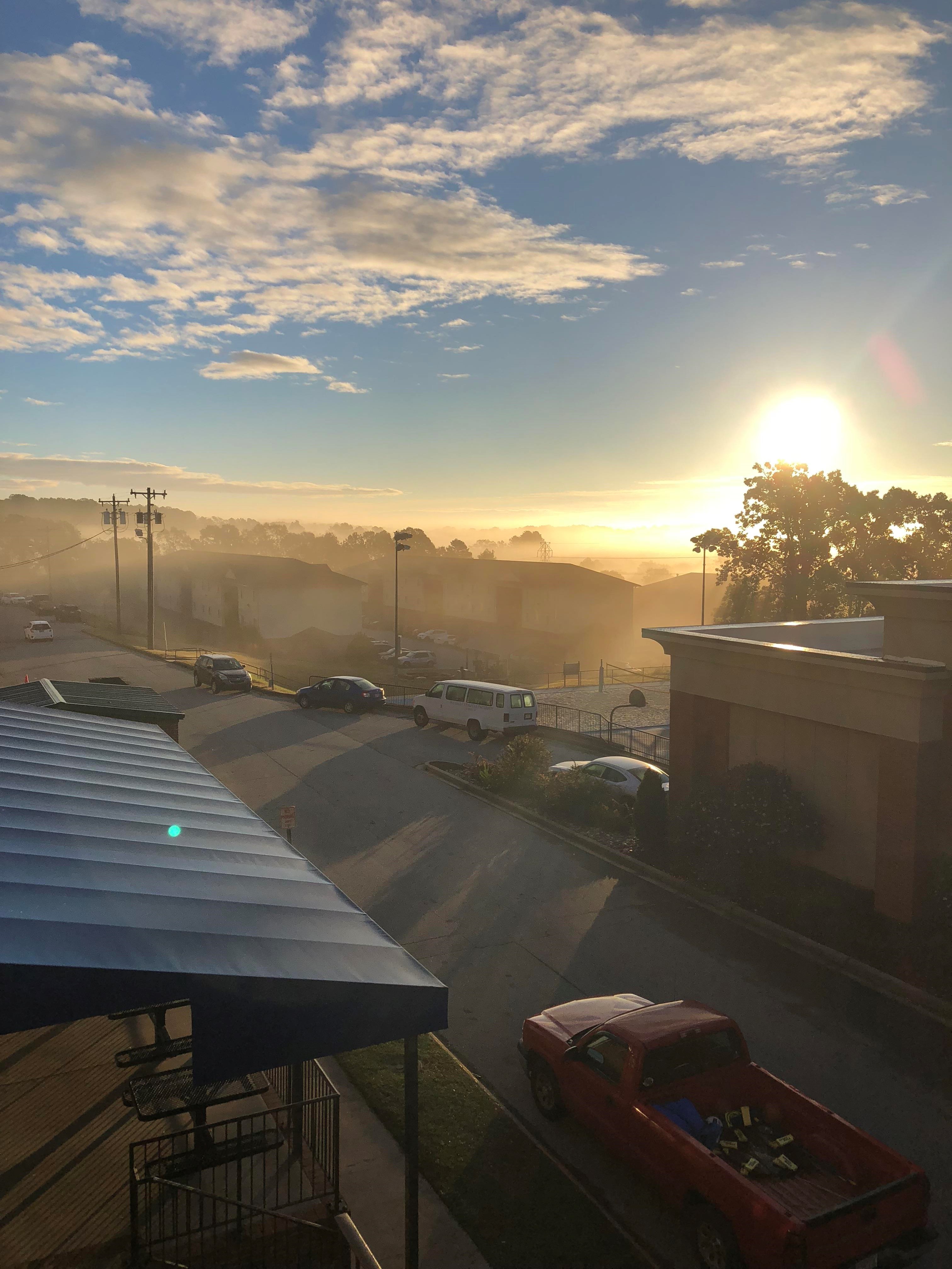
Falling Into Snowflake Culture: Is the Milky Way Special?
Lyssa Henry
In Guillermo Gonzalez and Jay W. Richards’s book, The Privileged Planet: How Our Place in the Cosmos is Designed for Discovery, the question is brought up about the relevance of Earth and the Milky Way Galaxy. There is a possibility that everything any human has ever known is not very important in the grand scheme of things. In fact, the book highlights a prediction of the Copernican Principle that says, “Our galaxy is not particularly exceptional or important. Life could just as easily exist in old, small, elliptical, and irregular galaxies.”
This is not an easy concept to grasp if you are part of the “Snowflake culture” of 21st century America. Snowflake culture suggests that every person is special and unique, and anything that would suggest that an individual is the same as any other individual is counted as offensive and written off as uncalled for, rude, and judgemental. If the snowflakes found out that the place they live could easily be just like any other planet around any other star in any other galaxy, they would lose their minds.
There is some validity in the idea that everyone is unique, but there is also a ridiculousness in the refusal to be like anyone else. When women and girls (much like myself) go on Instagram, part of the main focus of the experience is comparing themselves to all the other women on their feeds and dreaming of a time in life they could look like that. It is natural that we want to be like each other because God made all of us pretty awesome! There is a level at which the comparisons of a self to anyone else could be dangerous. I have found myself on many occasions years-deep into a Broadway actresses Instagram page, listening to videos and looking at pictures thinking “Why can’t I just be like that?” This is fueled by an unhealthy lack of confidence that I have recently become aware of.
What does that have to do with our place in the Universe?
If we found out that nothing we did mattered at all, why would we continue to do it? The idea that the things we do would not affect any other part of creation is depressing in a way that it makes us feel small. We have to have been created for something, but feeling useless in the Universe makes it awfully hard to see the point.
Luckily, I have been pulling on your heartstrings with cliffhanger-esque intentions. What Gonzales and Richards argue in The Privileged Planet is that Copernicus was wrong when he said that the Milky Way Galaxy was not exceptional or important.
Take the sun for example. If the sun were any bigger than it is, the entire Earth would be too hot for any kind of being to live on. If the sun were any smaller, the Earth would be too cold and there might not be a strong enough gravitational pull to keep Neptune in our solar system. The amount of metal in our galaxy is exceptional, too. If you are wondering like I was about why metal would be so significant, I have your answer. The metal we have in the Milky Way increases the density and gives material for the terrestrial planets to exist in the first place. The Milky Way Galaxy is one of the densest galaxies there it, making it prime real estate for living things.
The snowflakes of the world can now take a breath. It has been confirmed that our galaxy is, in fact, important. This must not be taken to an extreme, though. The feeling of importance should not be allowed to inflate anyone’s ego because there is something greater we have all been created for. The reason our galaxy allows us to live is that we live to serve God. There are so many minute details that allow for the existence of life, there is no denying that Somebody put all of it together for us.

It is next to impossible not to recognize God in His intricate creation, at least for me. I took a picture (shown above) of part of the campus of Southern Wesleyan University that, to me, leaves no question that all of the specific and intimate details in the world point directly to the Artist that made them happen. No one looks at a work of art without at least a passing thought or curiosity about the person that made it, so why should creation be any different? To me, one of the most mind-blowing concepts of creation is this: how did God think of designs for every. little. specific. thing? Look at the trees in the spring. There are so many individual leaves but every single one is at least a little bit different. If you’ve ever been to the beach you know that the sand gets everywhere. There is so much sand! There was so much careful attention put into the grains of sand that to us are impossible to count but to God are actually numbered! He really knows how many there are and that is just sand. It isn’t even alive. We are so much more than that. We are more than sand and leaves and we are all so carefully crafted.
When thought of this way, the concept that every person is different like a snowflake is a beautiful thing. The unique nature of the way we were created is not a way to put any one of us down or lift any one of us higher than another, it is a way to lift up and point out the awesome creativity and power of the Almighty Artist who gave us life and purpose. If everything we are is a way to recognize and worship Him, I think that we should all use our differences and our talents and quirks to further glorify and honor Him. There isn’t anything I can think of that would be a better use of what we have been given.